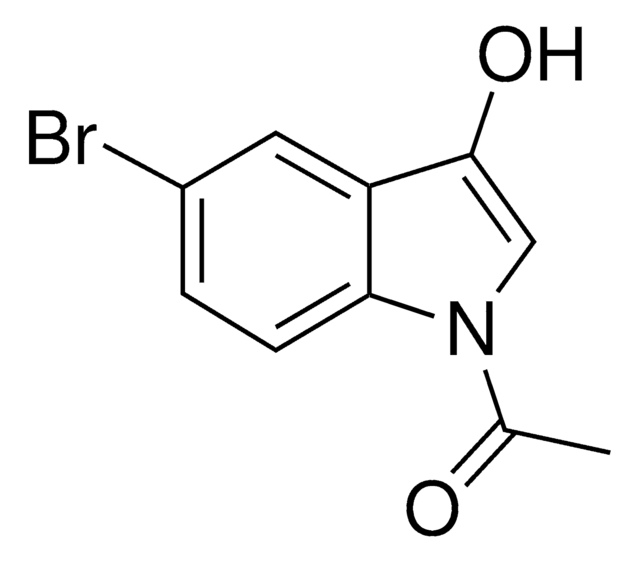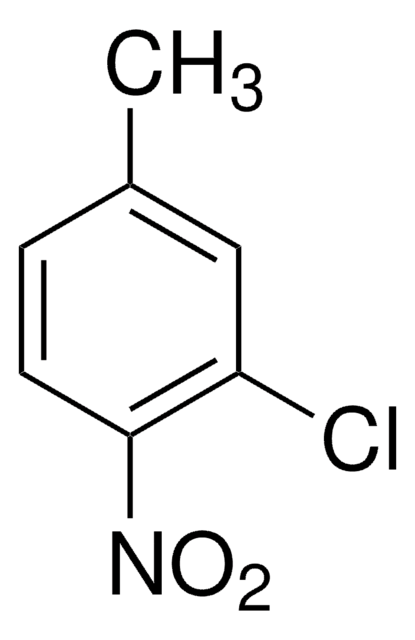270369
1,1,2-Trichloro-1,2,2-trifluoroethane
HPLC grade, ≥99.9%
Synonyme(s) :
1,1,2-trichloro-trifluoroéthane, Genetron® 113
About This Item
Produits recommandés
Qualité
HPLC grade
Densité de vapeur
6.5 (vs air)
Pression de vapeur
5.5 psi ( 20 °C)
Pureté
≥99.9%
Forme
liquid
Température d'inflammation spontanée
1256 °F
Technique(s)
HPLC: suitable
Impuretés
<0.010% water
Résidus d'évap.
<0.0005%
Indice de réfraction
n20/D 1.358 (lit.)
Point d'ébullition
47-48 °C (lit.)
Pf
−35 °C (lit.)
Densité
1.57 g/mL at 25 °C (lit.)
λ
H2O reference
Absorption UV
λ: 231 nm Amax: 1.00
λ: 240 nm Amax: 0.20
λ: 260-400 nm Amax: 0.01
Chaîne SMILES
FC(F)(Cl)C(F)(Cl)Cl
InChI
1S/C2Cl3F3/c3-1(4,6)2(5,7)8
Clé InChI
AJDIZQLSFPQPEY-UHFFFAOYSA-N
Vous recherchez des produits similaires ? Visite Guide de comparaison des produits
Conditionnement
Informations légales
Mention d'avertissement
Warning
Mentions de danger
Conseils de prudence
Classification des risques
Aquatic Chronic 2 - Eye Irrit. 2 - Ozone 1
Code de la classe de stockage
10 - Combustible liquids
Classe de danger pour l'eau (WGK)
WGK 2
Point d'éclair (°F)
383.0 °F
Point d'éclair (°C)
195 °C
Équipement de protection individuelle
Eyeshields, Gloves, multi-purpose combination respirator cartridge (US)
Certificats d'analyse (COA)
Recherchez un Certificats d'analyse (COA) en saisissant le numéro de lot du produit. Les numéros de lot figurent sur l'étiquette du produit après les mots "Lot" ou "Batch".
Déjà en possession de ce produit ?
Retrouvez la documentation relative aux produits que vous avez récemment achetés dans la Bibliothèque de documents.
Notre équipe de scientifiques dispose d'une expérience dans tous les secteurs de la recherche, notamment en sciences de la vie, science des matériaux, synthèse chimique, chromatographie, analyse et dans de nombreux autres domaines..
Contacter notre Service technique









